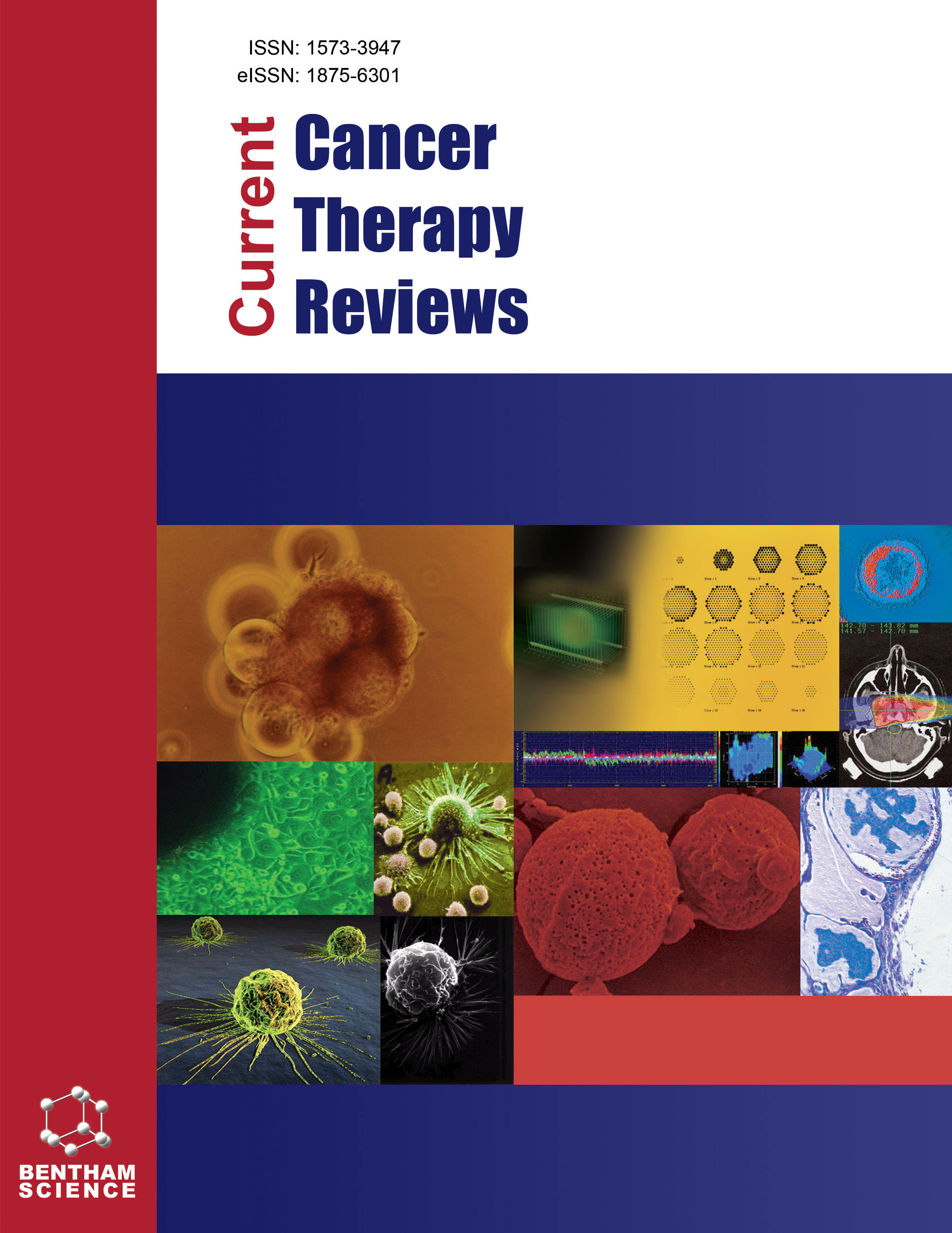
Full text loading...

Oral squamous cell carcinoma (OSCC) is the predominant malignant tumour of the oral cavity, constituting more than 90% of oral malignancies. It is linked to elevated morbidity and mortality, often resulting from late-stage diagnosis and restricted therapeutic effectiveness. It is accelerated by a number of risk factors, including genetic predisposition, alcohol use, tobacco use, and human papillomavirus (HPV) infection. In order to promote early detection and improve patient outcomes, this review attempts to provide a comprehensive analysis of the risk factors, diagnostic techniques, and available treatments for OSCC. Using internet databases including PubMed, Scopus, and Google Scholar, a thorough literature analysis was carried out with an emphasis on the differences between previous and current papers published. The selection of studies was based on their scientific quality, relevance, and discussion of risk factors, diagnostic techniques, or therapy approaches linked to OSCC. The results show that prognosis is much improved by early identification. Advanced imaging modalities and molecular biomarkers facilitate early diagnosis. Surgery and adjuvant therapy are two examples of multimodal treatment techniques that increase survival rates. Prompt diagnosis and tailored treatment approaches are essential for improving OSCC management. Additional research is required to formulate innovative medicines and improve early detection methods.

Article metrics loading...

Full text loading...
References


Data & Media loading...